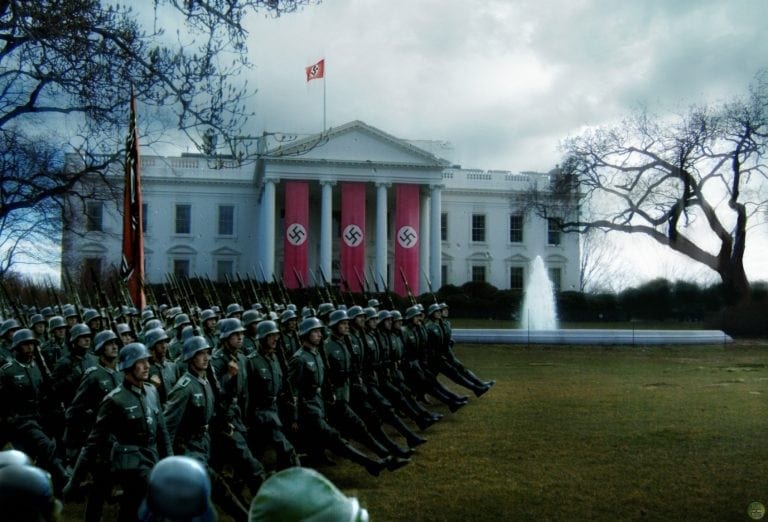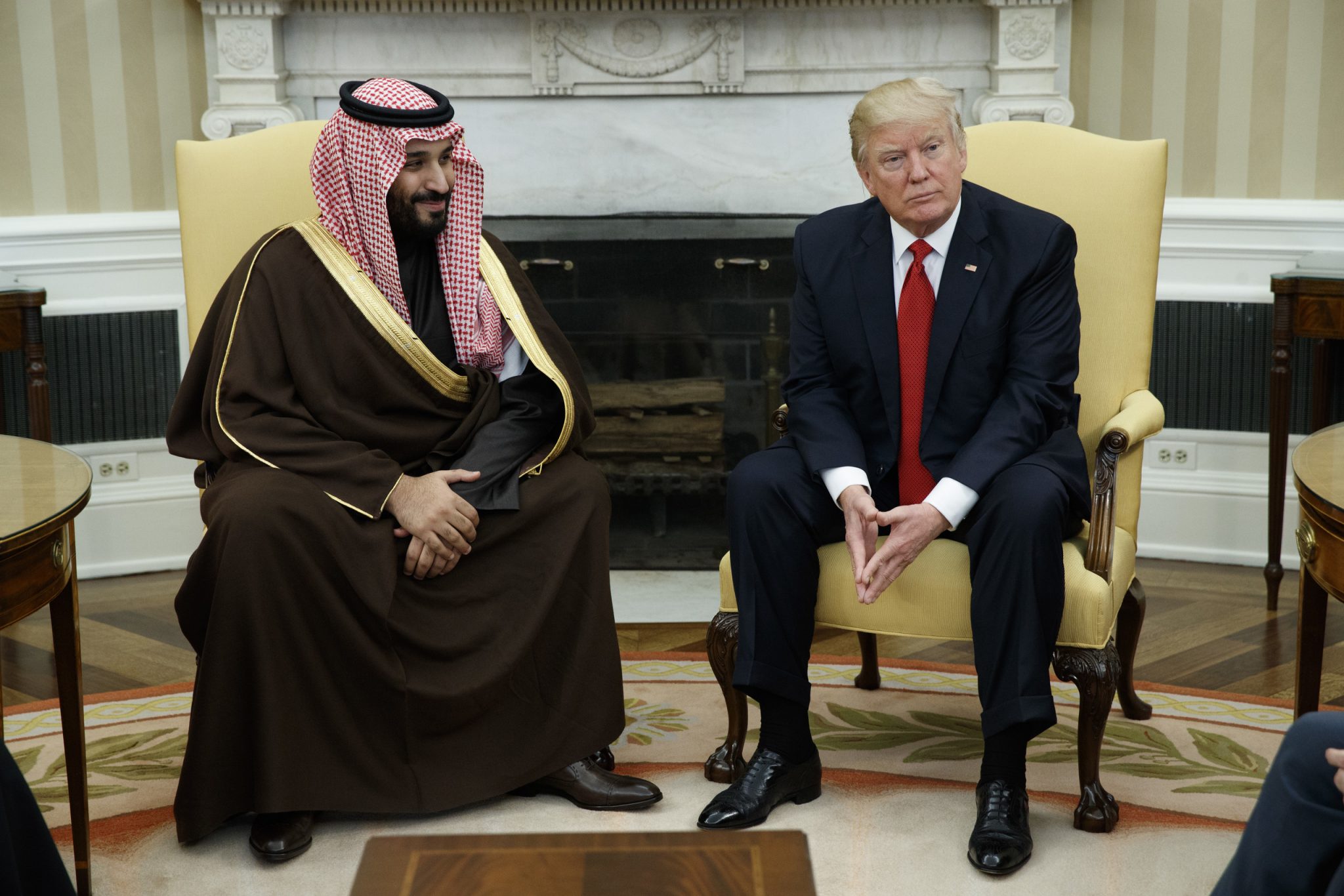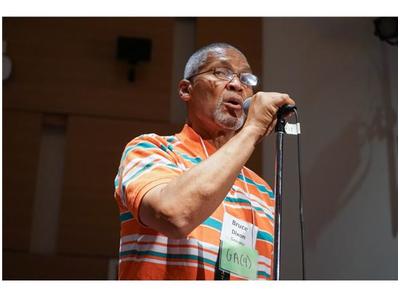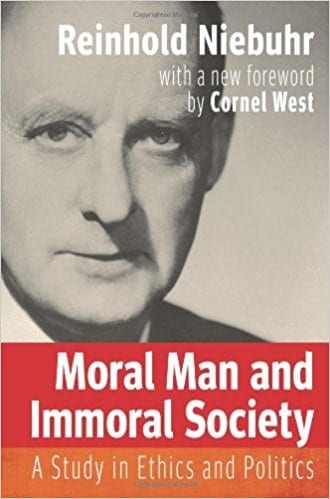Taxpayer-Funded Mercenaries Serving Both U.S. & Foreign Aristocracies
Far fetched? Not as much as the intentionally provocative image might suggest. The Nazi edge of US ruling class policy is seen more clearly abroad, where its crimes, cynicism and brutality cannot be hidden so easily behind a curtain of lies. At home, the disinformation about America's role and purpose in the world is constant and ubiquitous, the populace saturated with narcissistic narratives from cradle to grave. Nauseating hypocrisy rules the day. A country where the makers of missiles, and of other military tools (“weapons”), are owned or at least controlled privately (like are Lockheed Martin, General Dynamics, etc.), instead of controlled publicly by the government (like in Russia and China) — is a country whose aristocracy can profit from wars and invasions (such as against Iraq 2003, Lybia 2011, and Syria 2012-, and Yemen 2015-). A country like this, engages in ceaseless invasions. Profits are to be made by aristocrats, not only by their increased weapons-sales to their own and allied governments for those invasions, but also by suborning their own nation’s military to serving essentially as their private international gendarmes or enforcers, at the expense of their own nation’s taxpayers, so that their general public are actually subsidizing these international corporations — not only like Lockheed Martin and other firms that are at the core of the military, but like ExxonMobil and other extractive international firms that thereby gain this free usage of their nation’s military in order to coerce other nations to accept their offers or “deals” for extraction and for distribution of those targeted nations’ natural resources. Residents in those targeted nations aren’t what’s valuable to aristocrats (though the capturing and selling of slaves is an exception). The land itself is. The residents there are treated as nuisances to be eliminated, suppressed, expelled, or enslaved and sold to foreign aristocracies. Those residents are handled like pests or like farm animals, but the media in the exploiting nation allege, instead, that the invaders themselves are the superior people: like “Deutschland über alles,” or “America First” — or like the U.S. being “the one indispensable nation” (which was said by President Obama soon after conquering Libya in 2011) so that the real message is that all other nations are “dispensable” — the conquerors of those allegedly ‘inferior’ nations constitute a point of national pride for the serial-invader, rather than being a matter of international shame and embarrassment. Hitler’s Germany was shameless this way, and so is today’s America — invading and destroying nations one after another, all for the benefit of the profiting aristocrats, who control those ‘democracies’, to behave in this barbaric manner, which is so respected, and groveled-down to. Furthermore: though the U.S. public pay by our tax-dollars the salaries and benefits for U.S. soldiers and for the U.S. military’s purchases of weapons from these weapons-firms and from other massive international corporations that are controlled by some of America’s wealthiest investors who have no justifiable claim on such taxpayer-subsidization as that, this U.S. military — ‘our’ soldiers and U.S.-made weapons — are being supplied not only to serve the conquest objectives of America’s aristocracy, but also to serve the conquest objectives of that aristocracy’s allied aristocracies in the Middle East, Europe, and elsewhere. Especially, these are the aristocracies of Saudi Arabia, UAE, Kuwait, Qatar, and Israel, all of whom hate Iran; so, the U.S. Government does too (and its media make sure that the American people do, as well, though Iran never threatened America, and though the U.S. Government has harmed Iranians ever since imposing a dictatorship there in 1953, whose tortures Western media still hide and discuss only in comparison with the worst features of the Islamic regime that came after the U.S.-imposed dictator — hide it in order to ‘justify’ the U.S. Government). So, America’s taxpayers serve the conquest-goals of foreign aristocracies, not only of American ones — and America’s taxpayers aren’t being informed of this important fact, but are instead lied-to constantly about international relations, so as to cover it up. Donald Trump meets with Saudi Crown Prince Mohammed bin Salman bin Abdulaziz Al Saud in the Oval Office of the White House in Washington, Tuesday, March 14, 2017. It's literally impossible to find a ruling clique more medieval, criminal and corrupt than the Saud mafia, and yet all US presidents bow and scrape before them, the Bush clan parading them as almost "family", all compelled to do so by the plutocratic interests at home they represent. The EU powers do the same, including the British royals. Few periods in history show the corrupting power of money over principle as clearly as this era, in the twilight of the US empire. (AP Photo/Evan Vucci) An example of such taxpayer-subsidization of the wealth of war-billionaires (U.S. and foreign-allied aristocrats), is the war against Yemen, which is being waged not only by those foreign aristocrats’ governments, but also — and without the Constitutionally required congressional authorization — by the U.S. government, in service, actually, to the royal families who own Saudi Arabia and UAE, who are trying to conquer Yemen. Those royal families receive, from the U.S. (and pay our aristocrats hadsomely for), weapons, and now also increasingly U.S. troops, in order to help them conquer Yemen, which they blockade and starve, and plague into submission — or so these U.S.-taxpayer-subsidized aristocrats hope and intend. As Darius Shahtahmasebi headlined and documented on 17 August 2017, “Saudi Arabia Is Destroying an Entire Country — and the US Is Helping Them Do It”. That country is Yemen. US-armed coalition and Saudi bombing of a funeral left over 140 dead. The imperial signature in Yemen. The main aggressors against Yemen are the Saud family, which is, by far, the world’s wealthiest family. On 20 May 2017, Donald Trump’s first foreign trip as the U.S. President culminated in what is by far the world’s biggest-ever international sale of weapons, with the Sauds committing to buy, during a ten-year period, $350 billion in weapons from U.S. manufacturers, such as Lockheed, Raytheon, and General Dynamics. Less than a year later, that $350 billion was hiked to $400 billion. So, now, the Sauds virtually own the U.S. Government too (not only their own). But politicians need to hide this crucial fact from the public. Here is how they do that: On 13 November 2017, Politico headlined “House declares U.S. military role in Yemen’s civil war unauthorized” and reported that “The nonbinding resolution adopted 366-30, does not call for a halt to the American support” to America’s biggest foreign buyer of U.S. weapons, the Saud family, but “that U.S. military operations [in Yemen] are authorized to fight only Al Qaeda and other allied terrorist groups in Yemen, not Shiite Muslim rebels [such as the Houthi, which still continue to be the actual main targets of the owners of Saudi Arabia and of UAE and of their U.S.-made weapons against Yemen].” House members didn’t want to be blamed for this invasion, which is disfavored by Americans, so they didn’t authorize it, but they still wanted the campaign donations from Lockheed Martin and such, and from those firms’ lobbyists etc., so didn’t block it, either. A “Nationwide Voter Survey – Report on Results – January 28, 2018” asked 1,000 scientifically sampled American voters, “Question: Congress is considering a bi-partisan bill to withdraw U.S. forces from the Saudi-led war in Yemen. Would you say that you support or oppose this bill?” It reported that, “Support” was 51.9%, “Oppose” was 21.5%, no opinion was 26.6%; and, so, 71% of the opinions were “Support”; only 29% were “Oppose.” That’s more than two-thirds supporting this bill to consider withdrawing U.S. forces from that war. But, when the vote was actually held in the U.S. Senate regarding whether to consider the matter, it was 55% opposing consideration of it, and 44% supporting consideration of it (and not voting there was 1% of the 100 Senators). So: 55% of Senators didn’t want the Senate to even consider the matter; though, by over two-to one, Americans who had an opinion, were in favor of the Senate’s considering the matter. It’s hard to see how legislators such as those, are actually representing U.S. taxpayers, much less fulfilling their own obligations under the U.S. Constitution. Why are they elected and re-elected, then? [dropcap]E[/dropcap]ven the normally pro-invasion New York Times seems to think that things are going too far, in this matter. On May 3rd, the NYT headlined “Army Green Berets Secretly Help Saudis Combat Threat From Yemen Rebels”, [threat to whom we might ask?—Ed] and reported that “With virtually no public discussion or debate, the [U.S.] Army commandos are helping locate and destroy caches of ballistic missiles and launch sites that Houthi rebels in Yemen are using to attack Riyadh and other Saudi cities.” They didn’t mention that Yemen’s missile-invasions of Saudi Arabia are in response to the Sauds’ constant air-force bombing and missile-invasions of Yemen, and to the Sauds’ demand to control who will be the leader of Yemen. The Sauds started their bombings of Yemen long before Yemen started responding by missile-attacks against Riyadh, but the NYT mentions only the retaliation, not what had sparked it. [A classical and typical elimination of historical context to plant a lie.—Ed] The aggressors are clearly America and its allies, though readers of that article wouldn’t get to know this. Furthermore, just as the U.S. is allied with Al Qaeda in Syria, it is allied with ISIS in Yemen, and even the CIA-written Wikipedia is admitting that, “The Islamic State has proclaimed several provinces in Yemen and has urged its adherents to wage war against the Houthi movement, as well as against Zaydis in general.[228]” (The linked-to article there indicates that Al Qaeda and ISIS are competing in Yemen, but it failed to note the important fact, that Al Qaeda, like ISIS, were also fighting against the Houthis; so, the U.S. is allied with Al Qaeda also there.) ISIS, the Sauds, the UAE royals, and the U.S. Government, as well as both ISIS and Al Qaeda, are allied together, in this anti-Houthi, anti-Shiite, anti-Iran, war — a fundamentalist-Sunni war against Shia Islam. (The NYT’s article gives the false impression that the U.S. in Yemen is against ISIS and Al Qaeda, without noting that the U.S. supports both groups against the Houthis, just like The U.S. supports them both against Assad in Syria.) Israel, too, is allied with the Sauds in this: on 4 January 2013 the Jerusalem Post bannered, “YEMEN CHARGES MAN WITH SPYING FOR THE MOSSAD”, and, on 23 March 2018, Middle East Eye headlined “Abdul Malik al-Houthi claimed Israelis had participated alongside UAE officers in planning some military activities in Yemen”, and reported that, “Abdul Malik al-Houthi told the Lebanese newspaper Al-Akhbar on Friday that ‘our announcement that we are prepared to send fighters in any Israeli war against Lebanon or Palestine, is based on our principles’.” The U.S., of course, is fiercely anti-Palestinian, and is clearly on the aggressors’ side in all of these military engagements. The U.S. Government accuses Vladimir Putin of demanding to control whom the leader of America will be; but, even if that were the case (which has never been proven and might be just more lies from the U.S. aristocracy and its agents), Russia doesn’t blockade and bomb the U.S. in order to control who will become America’s President, like the U.S. and its allies do to Yemen. But that’s what Saudi Arabia’s royal family and its allies (including the U.S.) persist in trying to do to Yemen. And, yet, U.S. taxpayers are funding both U.S. aristocrats who own Lockheed Martin and other such corporations, and also the Saudi and UAE aristocrats who want to grab control over Yemen. What do U.S. taxpayers have at stake in helping their (and allied) aristocrats to conquer Yemen? These Green Berets etc. should be paid not by U.S. Government money, our tax money, but instead directly by their (and our) real masters, those aristocrats, who so crave conquest of foreign lands, and whose work ‘our’ military does, destroying one land after another, for private profits to billionaires. And this isn’t even mentioning that U.S. taxpayers donate to the Sauds’ ally Israel, each year $3.8 billion,to buy U.S.-made weapons, so that Israel can use those against Palestinians and against Iran, and for the Sauds and Israel, both of whom hate Iran as much as America’s aristocrats do. Why should U.S. taxpayers fund those aristocrats’ conquest-aims, too? Isn’t it bad enough that we’re funding U.S. aristocrats’ conquest-aims? 


Investigative historian Eric Zuesse is the author, most recently, of They’re Not Even Close: The Democratic vs. Republican Economic Records, 1910-2010, and of CHRIST’S VENTRILOQUISTS: The Event that Created Christianity. Besides TGP, his reports and historical analyses are published on many leading current events and political sites, including The Saker, Huffpost, Oped News, and others.
![]()
What will it take to bring America to live according to its own self image?
[premium_newsticker id=”154171″]




















